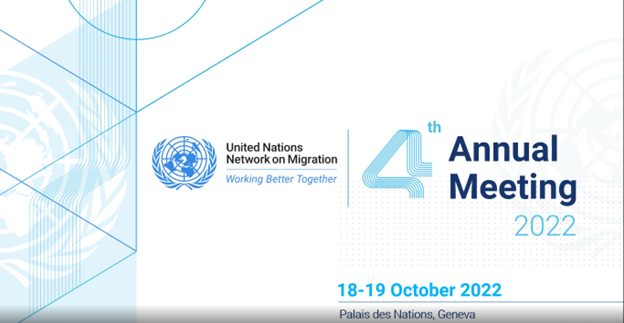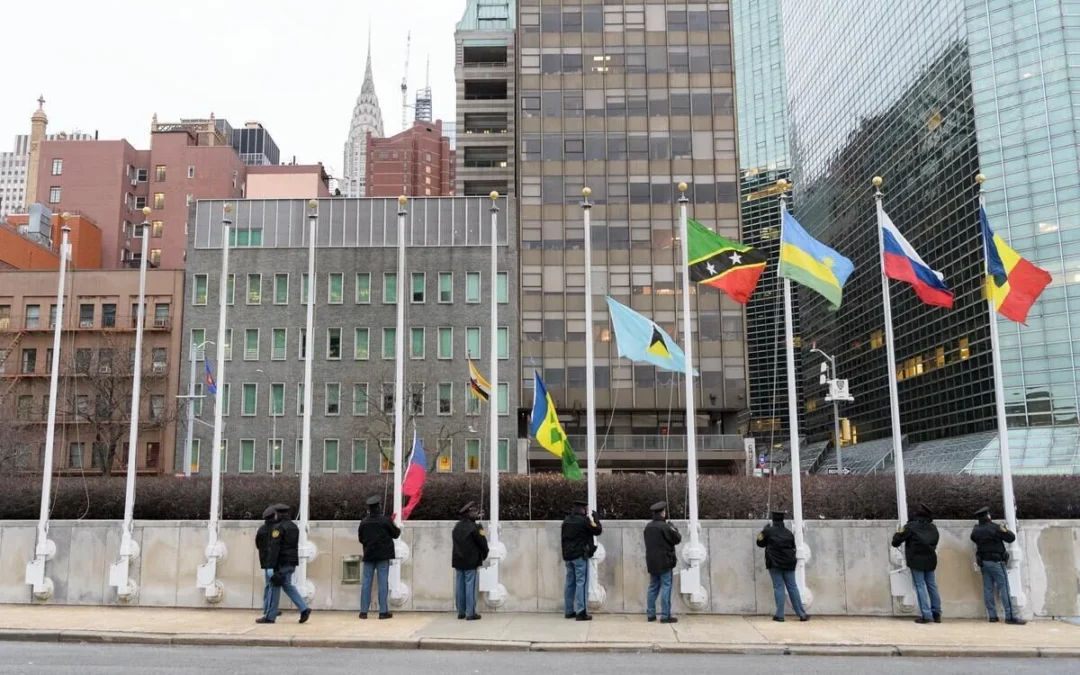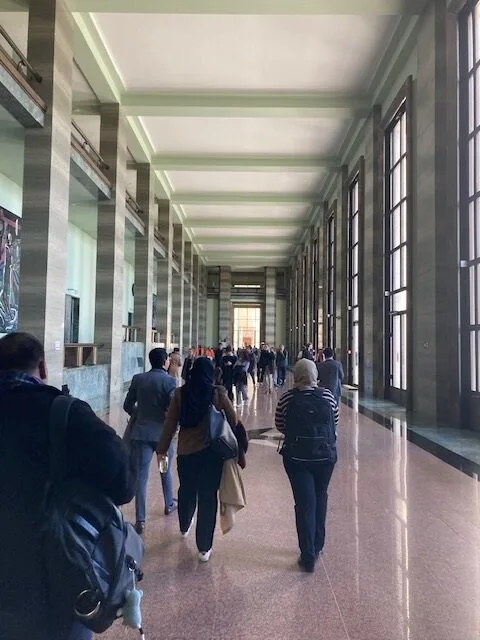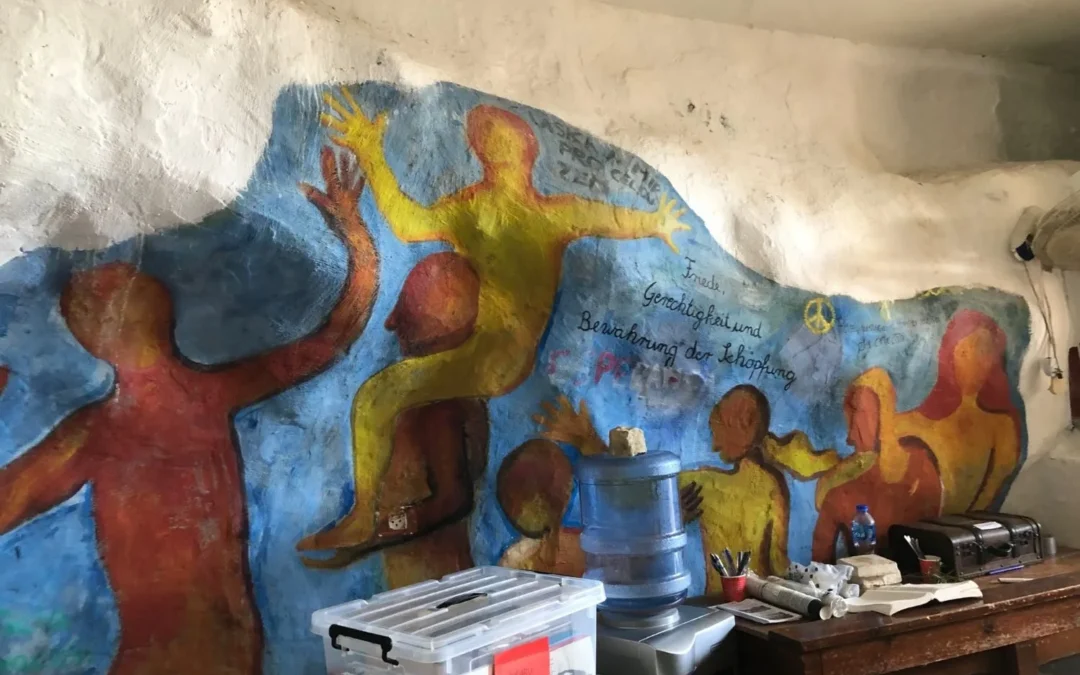It is five months since States met at the International Migration Review Forum (IMRF) to assess implementation of the Global Compact for Safe, Orderly and Regular Migration (GCM) and agree priorities to accelerate action. The Annual Meeting of the UN Network on Migration in October brought together nearly 700 participants, including over 160 in person, from governments, UN agencies, and stakeholders to outline next steps.
Discussions focused on the latest Network workplan for 2022–2024, including taking forward mandates from the Progress Declaration to develop indicators and also operational guidance on missing migrants and humanitarian assistance; preparing for the next regional reviews in 2024; and supporting implementation of the GCM at the national level.
We welcome the opportunity to feed into the workplan as a means of building on QUNO’s engagement with the IMRF and work towards migration justice. Human Rights and Refugees Representative, Laurel Townhead, spoke at the first session to address the human impacts of lethal disregard for migrants and widespread dehumanizing migration policies. Laurel reminded that these policies are the antithesis of the GCM’s promise of people-centred migration governance. QUNO recommends that those leading the work on missing migrants and humanitarian assistance build links with another new priority for the Network on preventing smuggling. Narratives of ending smuggling contribute to the criminalization and suppression of humanitarian assistance. Laurel went on to welcome conversations about how to engage and shift the political will, in particular to test the idea of a High-Level Panel on Prevention of Deaths in Transit. Finally, Laurel highlighted the need for a migrant advisory council, or similar structure, for the Network, stating:
“in answering the clear call in the IMRF for nothing about migrants without migrants, every workplan for every workstream should include specific actions to engage with migrants with a relevant range of migration experiences and with families and communities.”
During the last session on the way forward, Laurel reflected that the priority for the next phase would be regional and national action, again calling for meaningful migrant participation at all levels building on States’ commitment to this in the Progress Declaration. She finished by saying:
“The work is far from finished and we need to use the progress declaration as a stepping stone to move forward together.”







